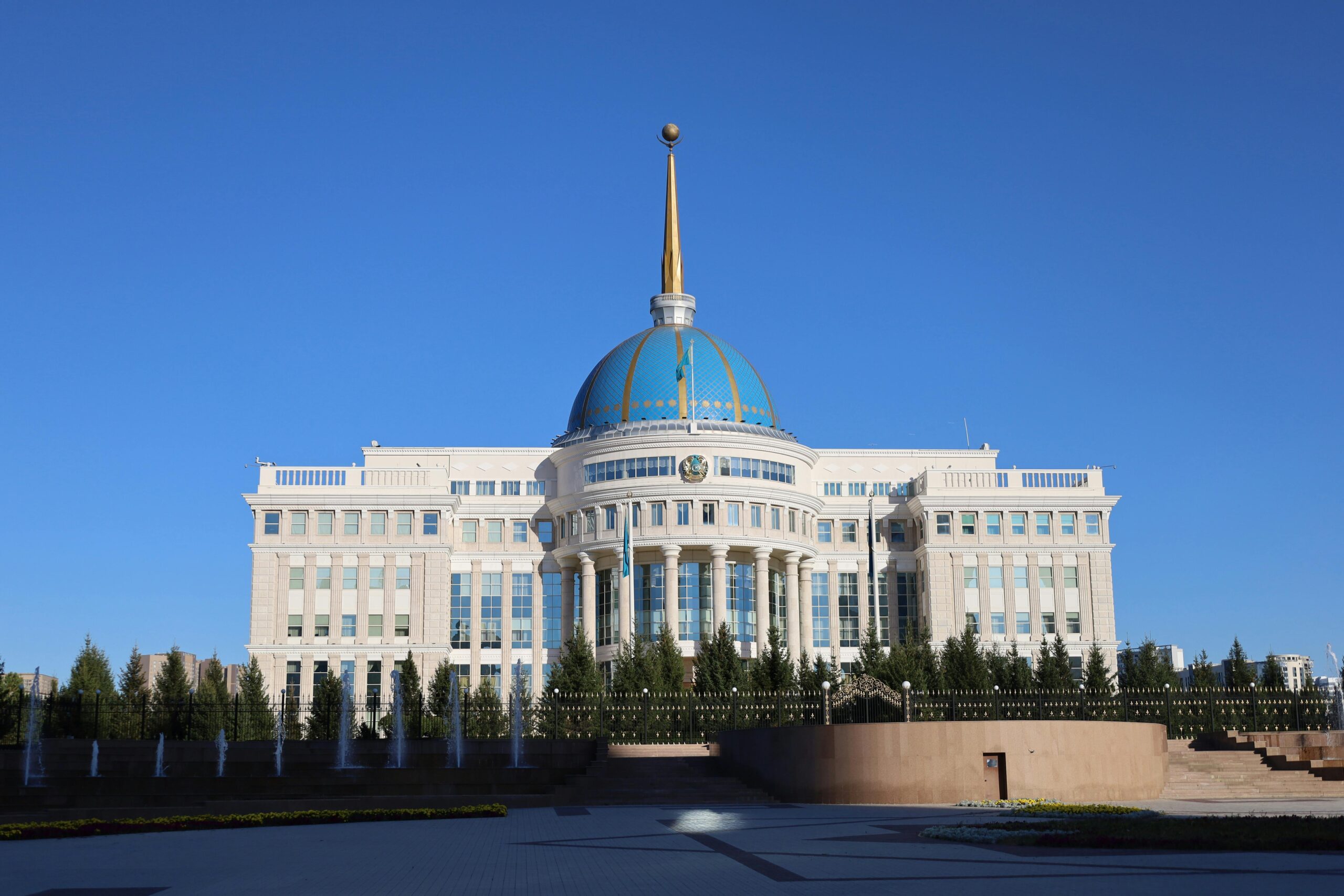In an ever-shifting global landscape, countries often find themselves at crossroads, seeking innovative solutions to economic challenges. Kazakhstan’s President, Kassym-Jomart Tokayev, has recently unveiled a visionary plan for economic reform in his state-of-the-nation address, titled “Economic Course of a Just Kazakhstan.” While this address primarily outlines Kazakhstan’s domestic economic agenda, its implications reverberate globally, making it important for Canada to take notice and consider its role in supporting worldwide initiatives. Here’s why Kazakhstan’s economic transformation matters for Canada and the broader international community.
President Tokayev’s unwavering commitment to transforming Kazakhstan’s economic model is a testament to the power of inclusive growth. In Canada, a nation deeply embedded in international trade, there is much to gain from exploring collaboration and investment opportunities in Kazakhstan’s evolving economic landscape. As Canada seeks to diversify its economic partnerships, Kazakhstan’s journey toward a more equitable economy offers a compelling example.
Kazakhstan’s focus on nurturing sectors such as heavy engineering, uranium enrichment, and automotive components mirrors Canada’s own strengths in advanced manufacturing. The potential for partnerships and export opportunities between the two nations could be a catalyst for economic growth and job creation.
Kazakhstan’s proposal to exempt investors from taxes and mandatory payments for three years is a strategic move to attract investment. Canadian businesses looking to expand their footprint in Central Asia should take note of these incentives, as they present a unique opportunity to explore a new and promising market.
The coordination of financial and monetary policies for stable economic growth in Kazakhstan underscores the importance of a well-structured financial sector. For Canadian financial institutions operating globally, monitoring Kazakhstan’s approach could offer insights into potential investment and collaboration avenues.
As the world collectively grapples with environmental concerns, Kazakhstan’s commitment to sustainability and its plans for renewable energy and nuclear power align with Canada’s own objectives in the clean energy sector. Canadian clean energy companies could find valuable partnerships and projects in Kazakhstan’s growing green technology landscape.
Canada’s thriving IT sector can find common ground with Kazakhstan’s ambition to become an IT-focused nation. Furthermore, Canada’s expertise in transportation and logistics aligns with Kazakhstan’s vision to establish itself as a major transit hub. Collaboration in these areas could foster mutual growth.
In the midst of the Russian invasion of Ukraine and its far-reaching regional implications, President Tokayev’s emphasis on fostering constructive relations with neighboring countries, including Russia, China, and those in Central and South Asia, takes on added significance. The conflict in Ukraine has created a complex geopolitical landscape, with potential spillover effects on neighboring nations, including Kazakhstan. In light of Canada’s role as a promoter of international peace and stability, there is a unique opportunity for the nation to proactively engage in building a new, modified economic and strategic bridge that connects Kazakhstan with Canada’s strategic partners.
Canada, known for its agricultural expertise, could contribute significantly to Kazakhstan’s efforts in developing the agricultural sector and addressing water security. Collaboration in these domains not only supports Kazakhstan’s economic growth but also promotes international cooperation in addressing pressing global challenges.
Canada, as a global leader in trade and innovation, should consider this address not only as a source of inspiration but also as a potential avenue for collaboration, investment, and mutual growth in the evolving landscape of Central Asia. As we navigate challenging times, the wisdom of looking beyond our borders to seek innovative solutions cannot be overstated.

